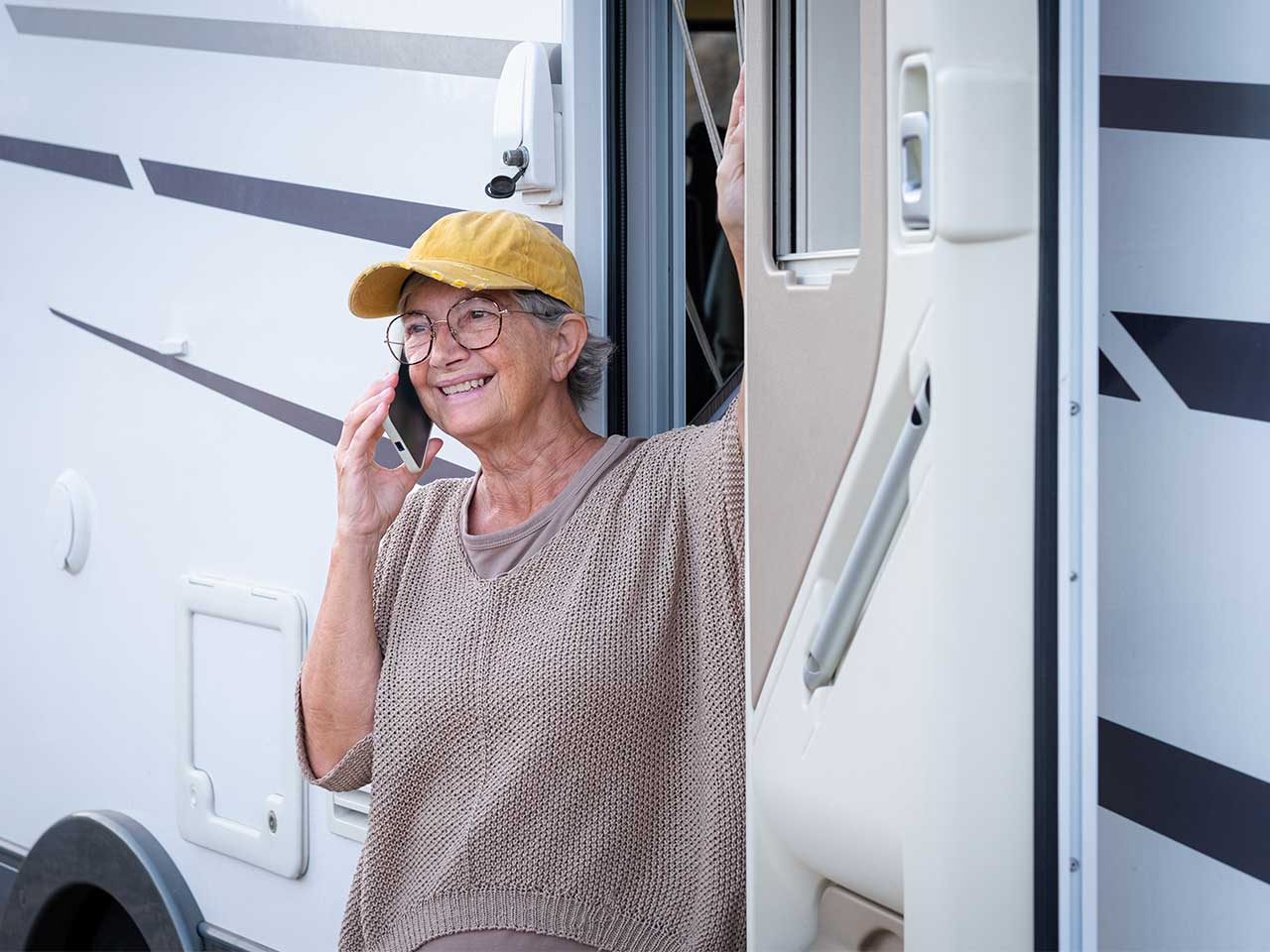Senior trip packages are booming, offering retirees a chance to explore the world on their terms. This burgeoning market caters to diverse needs and preferences, from adventurous excursions to relaxing retreats. Understanding the nuances of this sector is key to successfully planning and marketing these specialized travel arrangements.
This report delves into the key aspects of the senior travel market, analyzing target demographics, popular package types, preferred destinations, and the logistical considerations involved in creating unforgettable experiences for this discerning clientele. We examine marketing strategies and practical advice for those in the travel industry seeking to tap into this growing segment.
Logistics and Practical Considerations: Senior Trip Packages
Planning a senior trip package requires meticulous attention to detail, encompassing a broad spectrum of logistical arrangements to ensure a smooth and enjoyable experience for all participants. Overlooking even minor details can significantly impact the overall success of the trip, potentially leading to unforeseen complications and dissatisfaction. Therefore, a comprehensive approach to logistics is paramount.
Transportation Arrangements
Efficient and comfortable transportation is crucial for senior travelers. Options range from chartered buses or private cars for smaller groups to utilizing established tour operators offering pre-arranged transportation throughout the itinerary. Factors such as the group size, the trip’s duration, and the destinations involved all play a critical role in determining the most suitable mode of transportation. Careful consideration should be given to accessibility needs, ensuring that vehicles are equipped to accommodate wheelchairs or other mobility aids where necessary.
Pre-booking transportation is essential to secure availability, especially during peak travel seasons. Detailed travel schedules, including pick-up and drop-off times and locations, should be clearly communicated to participants well in advance.
Insurance and Emergency Assistance, Senior trip packages
Comprehensive travel insurance is non-negotiable for senior trip packages. Policies should cover medical emergencies, trip cancellations, lost luggage, and other unforeseen circumstances. The level of coverage should be tailored to the specific needs of the group and the trip’s itinerary. For instance, a trip involving high-altitude trekking would require a policy with more extensive medical coverage compared to a less physically demanding trip.
Furthermore, access to 24/7 emergency assistance services is critical. This ensures that participants have immediate support in case of medical emergencies, accidents, or other unforeseen issues, providing peace of mind for both the travelers and their families. The contact information for the emergency assistance provider should be readily available to all participants.
Visa and Passport Requirements
International travel necessitates careful attention to visa and passport requirements. This involves verifying the specific visa needs for each destination, well in advance of the trip’s departure date. The process can be complex and time-consuming, so initiating the visa application process early is crucial to avoid delays. Participants should be provided with detailed instructions and assistance with the visa application process.
Passport validity should also be checked; passports must have sufficient validity beyond the return date of the trip. Travel documents should be kept in a secure location and copies should be stored separately, ideally in the cloud or with a trusted contact.
Booking and Management Process
A step-by-step guide for booking and managing a senior trip package is essential. This process typically begins with defining the trip’s objectives, destination, and duration. Next, potential tour operators or travel agencies are researched and compared. Once a provider is selected, a detailed itinerary is developed, considering the interests and physical capabilities of the participants. Bookings are then made for flights, accommodation, and other services.
Confirmation documents and travel itineraries are distributed to participants, followed by regular communication updates. Pre-trip briefings can address logistical details, health and safety considerations, and emergency procedures. Throughout the trip, the travel operator or designated personnel should be available to address any issues or concerns that may arise.
Health and Safety Considerations
The health and safety of senior travelers are paramount. Pre-trip health assessments might be recommended, particularly for participants with pre-existing medical conditions. The itinerary should be designed to minimize physical exertion and stress. Regular breaks and opportunities for rest are essential. First-aid kits should be readily available, and at least one member of the group should be trained in basic first aid.
Participants should be encouraged to pack appropriate medications and any necessary medical devices. Emergency contact information for local healthcare providers should be readily available. All participants should be briefed on safety procedures, including emergency evacuation plans. The group should maintain regular communication with a designated contact person.
The senior travel market presents a significant opportunity for growth and innovation. By carefully considering the unique needs and preferences of older travelers, businesses can craft compelling packages that foster independence, safety, and enriching experiences. Strategic marketing, meticulous planning, and a focus on customer satisfaction are vital for success in this specialized niche.
Obtain a comprehensive document about the application of airlines that offer senior discounts that is effective.


